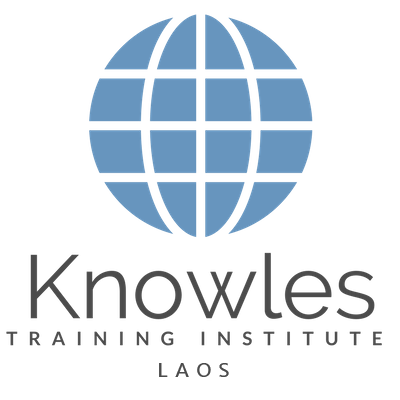Facilitation Skills Training Course In Laos
Our corporate training course is also available in Vientiane, Pakse, Savannakhet, Luang Prabang, Thakhek, Xam Neua, Phonsavan, Pakxan, Muang Xay (Oudomxay), Saravan, Attapeu, Ban Houayxay, Phonsavanh, Muang Phonsavan, Muang Xai, Vang Vieng, Luang Namtha, Xaignabouli, Luang Nam Tha, Muang Khammouan, Pakxe, Savanakhet, Don Det and Don Khon, Nong Khiaw, and Champasak.
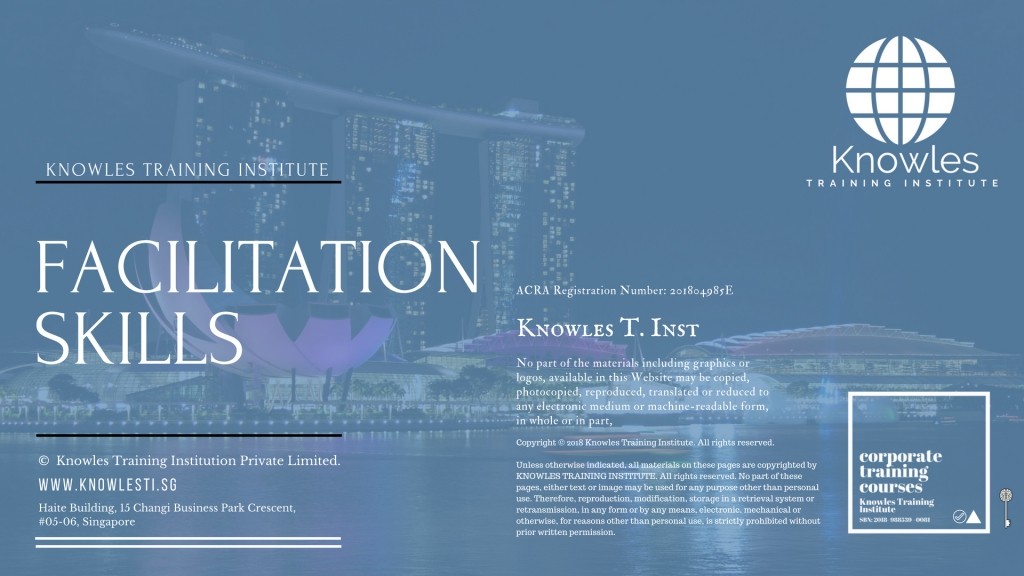
About This Facilitation Skills Training Course in Laos
Facilitation Skills Course in Laos
Being a facilitator is a handy skill that can be used anywhere, whether you are a top executive, a branch manager, or a team member. Facilitators make a process move smoothly in the right direction without having to favor any sides. Employing facilitation skills is helpful to maintain a harmonious work environment.
Who Should Attend This Facilitation Skills Course in Laos Workshop
This Facilitation Skills Course in Laos workshop is ideal for anyone who would like to gain a strong grasp and improve their Facilitation Skills.
All Staff Within An Organisation
Managers
Team Leaders
Executives
Assistants
Officers
Secretaries
Group Size For This Facilitation Skills Training Program in Laos
The ideal group size for this Facilitation Skills course in Laos is:
Minimum: 5 Participants
Maximum: 15 Participants
Course Duration For This Facilitation Skills Course in Laos
The duration of this Facilitation Skills Course in Laos workshop is 2 full days. Knowles Training Institute Laos will also be able to contextualised this workshop according to different durations; 3 full days, 1 day, half day, 90 minutes and 60 minutes.
2 Full Days
9 a.m to 5 p.m
Facilitation Skills Course in Laos Benefits
Below is the list of course benefits of our Facilitation Skills course in Laos
- Employ communication at work to improve employee facilitation skills
- Incorporate good facilitation skills to encourage people participation and engagement in learning.
- Employ facilitation skills to convey organization goals to staff and enhance employee responsibility and accountability.
- Good facilitation skills will build leadership and communication skills.
- Apply facilitation skills to professionally manage dysfunctional group behavior.
- Incorporate facilitation skills to improve meeting outcome
- Facilitation skills help to improve connection between facilitators and people.
- Adopt good facilitation skills at the workplace to enhance people confidence and self-esteem
- Use of good facilitation skills will improve meeting efficiency.
- Develop relevant instructional materials that meet people goals
- Proper facilitation skills will ensure efficient use of time and money.
- Apply facilitation skills in staff interactions to improve recording of results
- Incorporate facilitation skills to encourage employee creativity and innovation
Facilitation Skills Course in Laos Objectives
Below is the list of course objectives of our Facilitation Skills course in Laos
Facilitation Training Course in Laos Objectives – Part 1
- Describe facilitation and identify its purpose and benefits.
- Explain the role and focus of a facilitator.
Facilitation Training Course in Laos Objectives – Part 2
- Distinguish between process and content in the context of a group discussion.
- Explain how to prepare for facilitation adequately.
Facilitation Training Course in Laos Objectives – Part 3
- Recognise a facilitator’s role when handling groups in each of Tuckman and Jensen’s stages of group development: forming, storming, norming and performing.
- Distinguish ways a facilitator can support a group reach a consensus: from promoting participation to choosing a solution.
Facilitation Training Course in Laos Objectives – Part 4
- Explain the guidelines in dealing with disruptions, dysfunctions and challenging people in groups.
- Explain what interventions are, when they are relevant, and how to implement them.
Course Content For This Facilitation Skills Training Course in Laos
Below is the list of course content of our Facilitation Skills training course in Laos
Facilitation Course in Laos – Part 1: Getting Started
- Icebreaker
- Housekeeping Items
- The Parking Lot
- Facilitation Workshop Objectives
Facilitation Course in Laos – Part 2: Understanding Facilitation
- What is Facilitation?
- What is a Facilitator?
- When is Facilitation Appropriate?
Facilitation Course in Laos – Part 3: Process vs. Content
- About The Facilitation Process
- About Content
- A Facilitator”s Focus
Facilitation Course in Laos – Part 4: Laying the Groundwork
- Choosing a Facilitated Approach
- Planning for a Facilitated Meeting
- Collecting Data
Facilitation Course in Laos – Part 5: Tuckman and Jensen”s Model of Team Development
- Stage One: Forming
- Stage Two: Storming
- Stage Three: Norming
- Stage Four: Performing
Facilitation Course in Laos – Part 6: Building Consensus
- Encouraging Participation
- Gathering Information
- Presenting Information
- Synthesizing and Summarizing
Facilitation Course in Laos – Part 7: Reaching a Decision Point
- Identifying the Options
- Creating a Short List
- Choosing a Solution
- Using the Multi-Option Technique
Facilitation Course in Laos – Part 8: Dealing with Difficult People
- Addressing Disruptions During Facilitation
- Common Types of Difficult People and How to Handle Them
- Helping the Group Resolve Issues on Their Own
Facilitation Course in Laos – Part 9: Addressing Group Dysfunction
- Using Ground Rules to Prevent Dysfunction
- Restating and Reframing Issues
- Getting People Back on Track
Facilitation Course in Laos – Part 10: About Intervention
- Why Intervention May Be Necessary
- When to Intervene
- Levels of Intervention
Facilitation Course in Laos – Part 11: Intervention Techniques
- Using Your Processes
- Boomerang it Back
- ICE It: Identity, Check for agreement, Evaluate how to Resolve
Facilitation Course in Laos – Part 12: Wrapping Up
- Words from the Wise
- Review of Parking Lot
- Lessons Learned From This Facilitation Course
- Completion of Action Plans and Evaluations
Facilitation Skills Course in Laos Value Added Materials
Each participant will receive the following materials for the Facilitation Skills course in Laos
Facilitation Skills Course in Laos Learner’s Guide
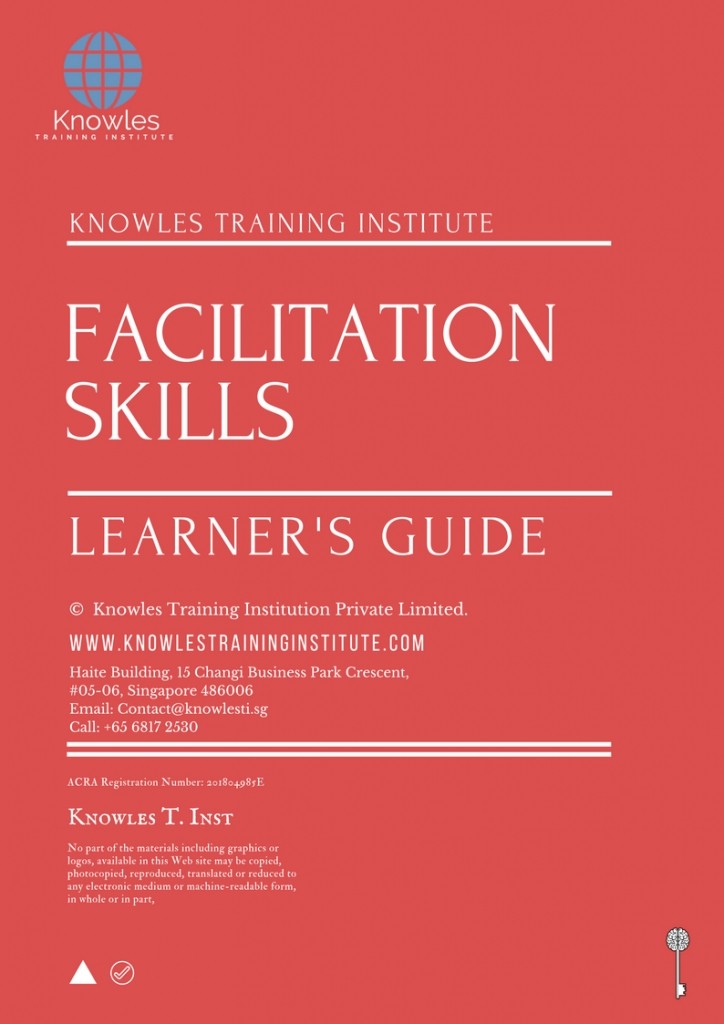
Facilitation Skills Course in Laos Handouts
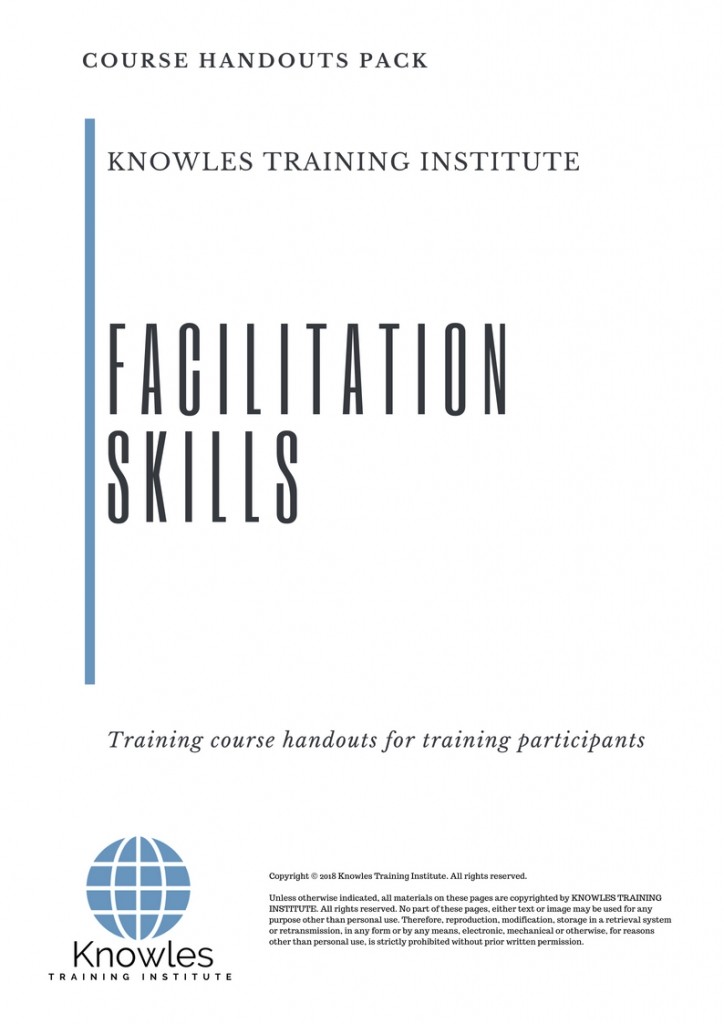
Facilitation Skills Course in Laos PPT Slides Used During Course
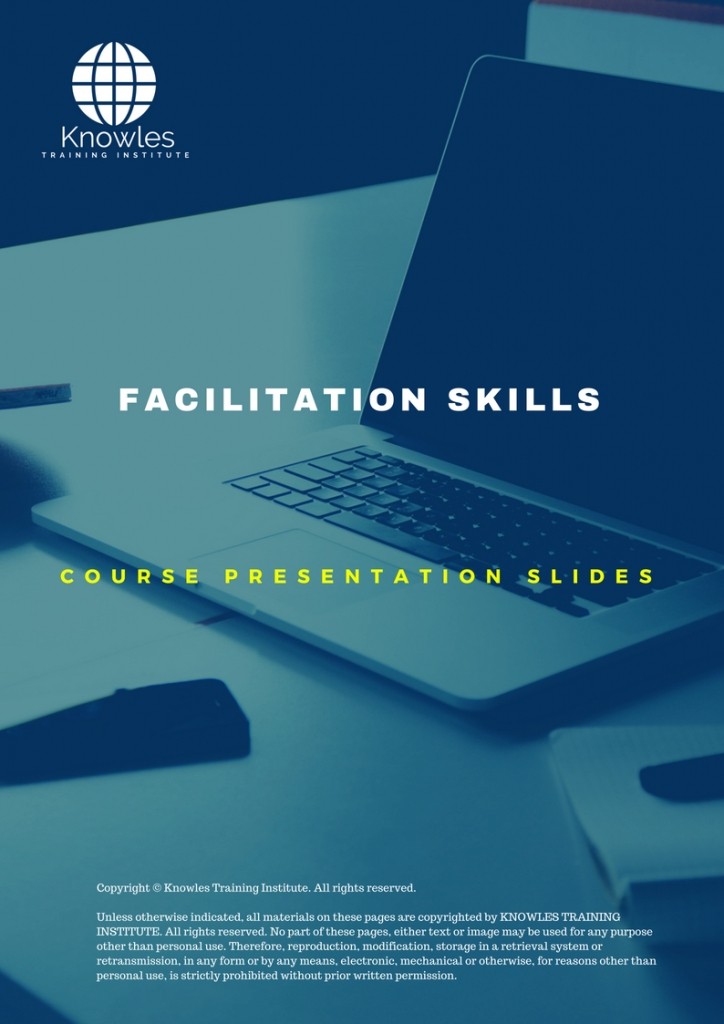
Facilitation Skills Course in Laos Certification
Each course participant will receive a certification of training completion
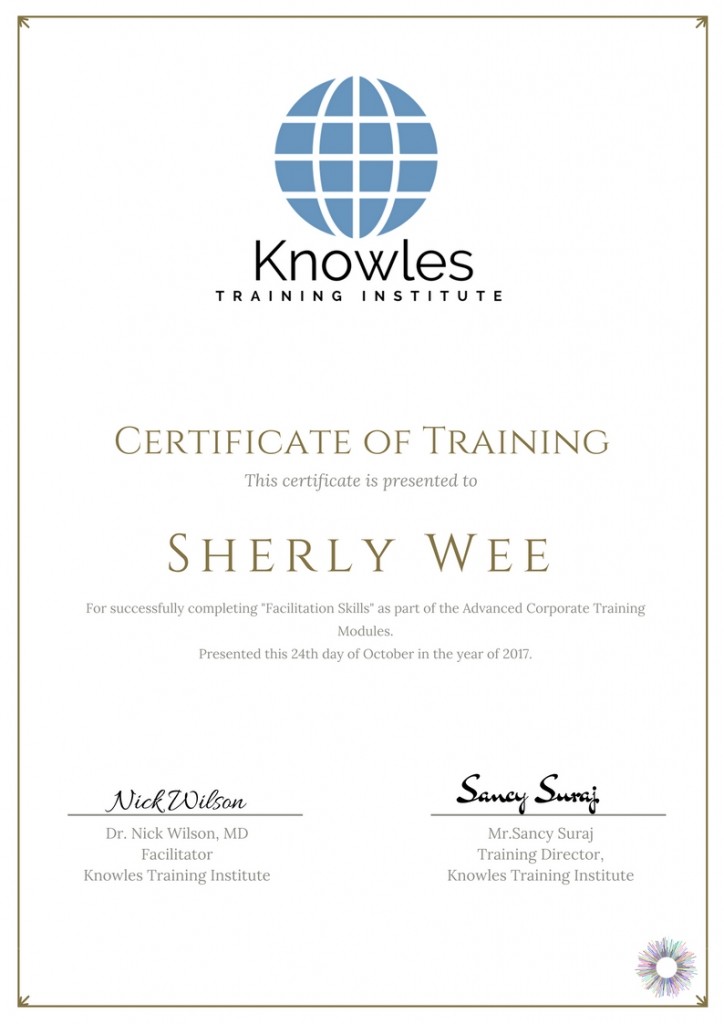
Course Fees For Facilitation Skills Training Course in Laos
There are 4 pricing options available for this Facilitation Skills training course in Laos. Course participants not in Laos may choose to sign up for our online Facilitation Skills training course in Laos.
- USD 679.97 For a 60-minute Lunch Talk Session.
- USD 259.97 For a Half Day Course Per Participant.
- USD 419.97 For a 1 Day Course Per Participant.
- USD 569.97 For a 2 Day Course Per Participant.
Discounts available for more than 2 participants.
Upcoming Facilitation Skills Course in Laos Schedule
Contact us for the latest Facilitation Skills Course in Laos schedules:
Email: contact@knowlesti.la
Message:
Download Facilitation Skills Course in Laos Brochure
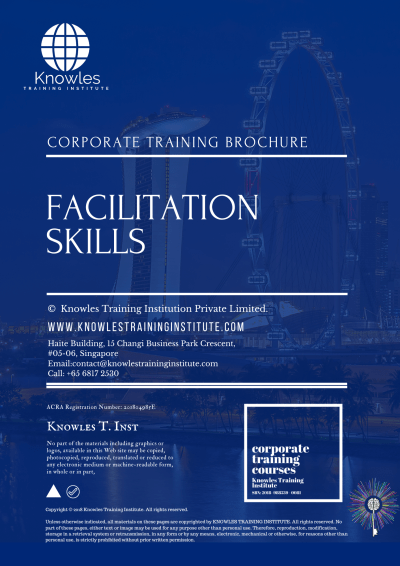
Request for this Facilitation Skills Course in Laos brochure. Fill up the short information below and we will send it to you right away!
Post Training Support: A vast majority of training does not have any effect beyond 120 days. To work, training has to have a strong pre- and post-training component. Post-training reinforcement helps individuals to recall the understanding and ask questions.
Blended Learning: Learning does not occur in the classroom. Virtually everybody prefers distinct ways of learning. Successful learning should have a multi-channel, multi-modal strategy.
- We Understand The Industry: We’ve got a profound comprehension of the business, business design, challenges, strategy and the that our participants are in and have designed the courseware to cater to their professional needs.
- Course Content: Knowles Training Institute’s material is relevant, of high quality and provide specific learning results. Participants will leave the training course feeling as they have gained a strong understanding and will also be in a position to execute what they have learned sensibly.
Course Development — The workshop modules follow a systematic and logical arrangement. This structure helps to ensure that the course material allows the facilitators to deliver the course in a logical arrangement. Consider the subjects as building bricks into learning, our facilitators slowly build towards a comprehensive picture of this entire topic.
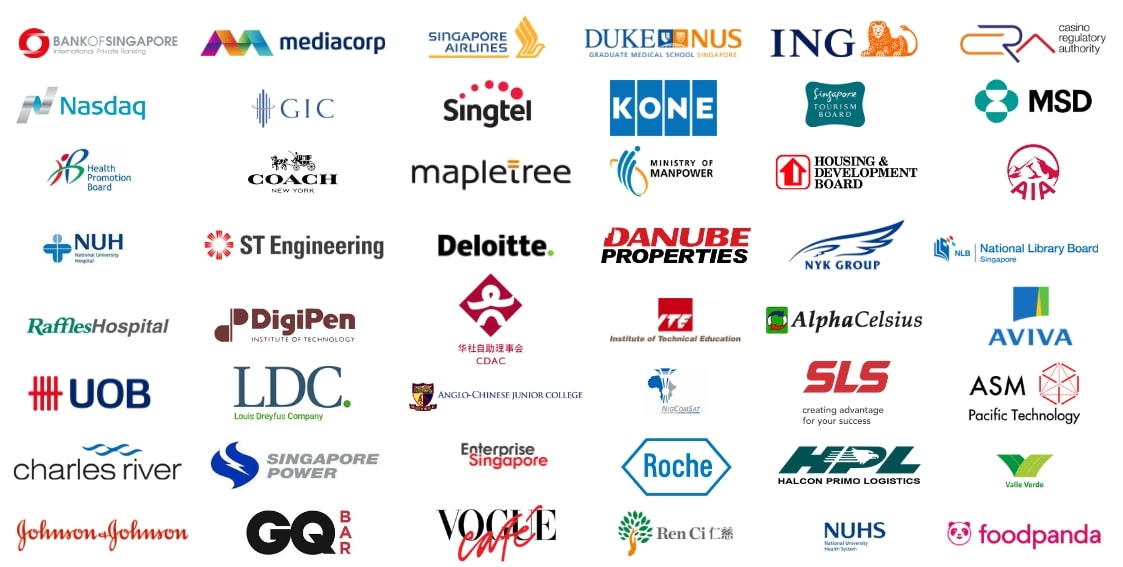

Course Enquiries
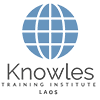
Fill up the form and we will get back to you in less than 1 working day.
Alternatively, give us a call to have one of our training consultants contact you. Our corporate training courses can be contextualized to meet your organization’s training needs. Leverage on our large pool of professional trainers and consultants for your organization’s training needs.
Email: contact@knowlesti.la
We Guarantee 100% Privacy. We Respect Your Privacy. Your Information Will Never Be Shared.
